What Are CBD's Side Effects?

- 1. First, what is cbd?
- 2. Cbd's side effects
- 2. a. Dizziness and sedative side effects
- 2. b. Cottonmouth effect
- 2. c. Gastrointestinal side effects
- 2. d. Changes in appetite and weight
- 2. e. May interact with other medications
- 3. Benefits of taking cbd
- 4. In conclusion
When we talk about weed, it's only a matter of seconds until the terms THC and CBD come up. Normally, people who engage in the frequent use of marijuana seek strains that are rich in either of these two cannabinoids, depending on the purpose of their use.
Those who use cannabis recreationally will most likely search for strains with high THC content, and little or no CBD at all. On the contrary, those seeking to benefit from it in a medical aspect will most likely indulge in CBD-rich strains or a balanced combination of both cannabinoids.
And while we might think we're aware of the several effects that weed can produce, the truth is, most of us know only the tip of the iceberg. Yes, so THC gets us high and CBD is great for pain relief, but you can't seriously think that that's all, right? Both offer a wider range of properties, as well as some side effects.
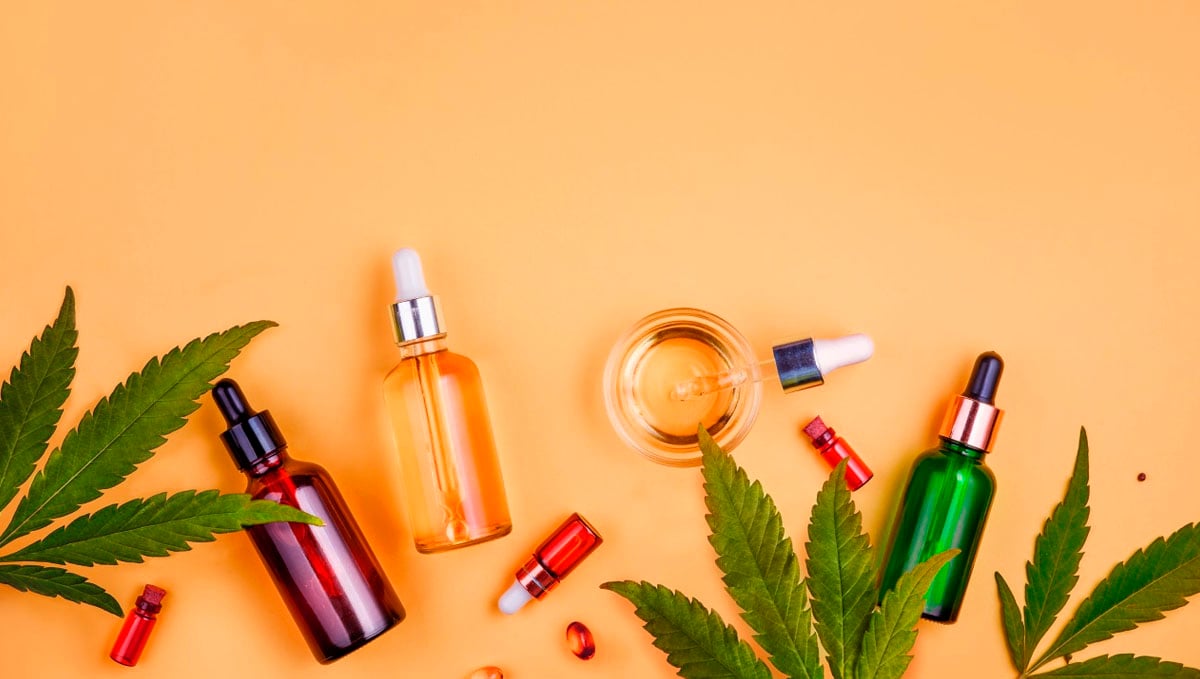
In this article, we'll dive deep into the world of CBD and its side effects in order to truly get to know what to expect when we consume this magic compound. Some of CBD's side effects include:
- Drowsiness and deep relaxation;
- Gastrointestinal affections;
- Mouth dryness, also known as cottonmouth;
- Changes in the mood;
- Nausea, and more.
Let's go through each of these side effects that consuming CBD can produce.
1. First, What Is CBD?
In case you're one of those who's never ever heard of the term CBD, first, wow; second, allow us to explain. Weed plants contain a vast variety of compounds that make it the unique and magic plant it is, the most important ones being cannabinoids and terpenes. Where exactly can we find these? Well, they're concentrated mostly in the plants' buds or flowers, in the shiny and transparent mushroom, lollipop-looking glands called trichomes. Hosted in these guys, you'll be able to find big amounts of the cherished cannabinoids, CBD, or cannabidiol; THC, or tetrahydrocannabinol; CBN, or cannabinol, and many more.
Each cannabinoid and each terpene comes along with a package of benefits and side effects, and they bind together as well to enhance or boost their capacities. For instance, THC is the cannabinoid known for the commonly known psychoactive effects that weed provides, while CBD is usually recognized for its several benefits in the medical field.
2. CBD's Side Effects
Before we get into the different side effects that consuming CBD can produce, we should point out that this cannabinoid makes a great alternative to many over-the-counter medicines and other medical treatments.
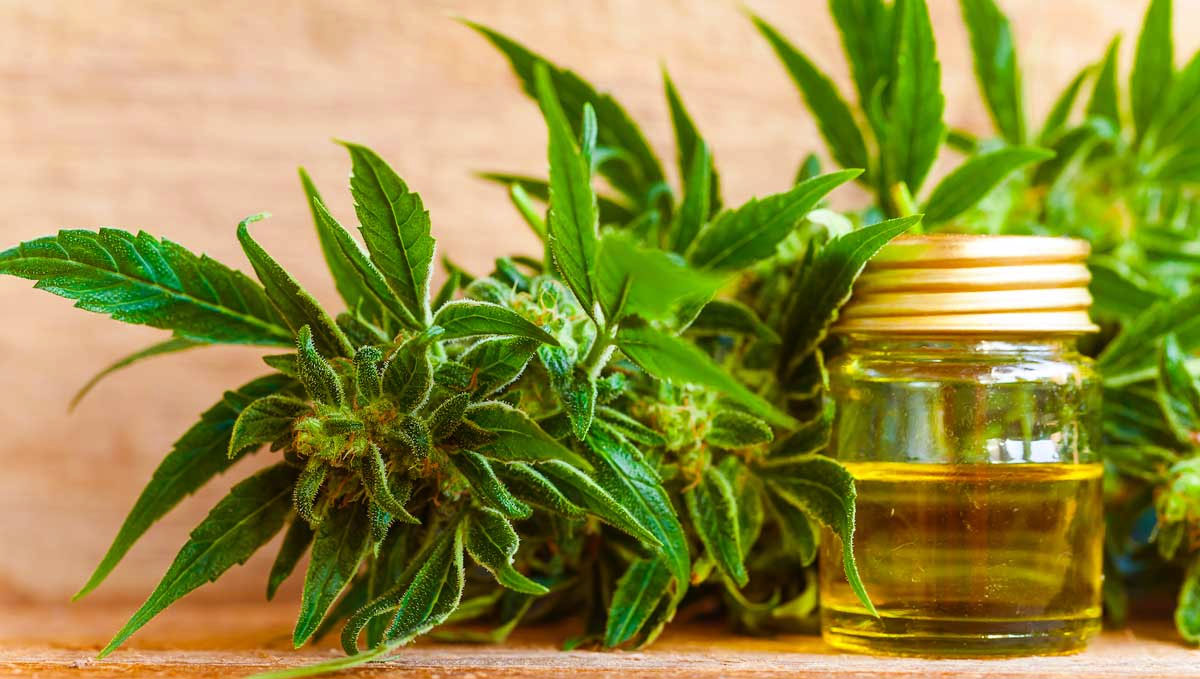
However, checking out the possible side effects of this, or any other medication for what matters, is a smart move as to know what to expect and not experience any ugly surprises. 1
Dizziness and Sedative Side Effects
While this is usually a rare side effect, still some users have reported feeling dizzy or sort of sedated after intaking CBD. As we said, this isn't the usual effect but yet most CBD products will come with a safety warning. Always better safe than sorry.
Studies have found that CBD could indeed cause drowsiness, but mostly after the administration of CBD combined with THC. Some researchers attribute this dizziness to the increase in blood flow to the brain after a change in brain cell signaling and the activation of the autonomic nervous system.

The sedative side effects of CBD may be especially enhanced if the user is taking it along with other sedative medications, given CBD may interact with certain medications, which we'll explain further on. So, consult with your doctor before you start taking CBD for medical purposes.
Fatigue, however, can be a common feeling after taking CBD, since it provides such a relaxing body-high. Therefore, we'd suggest taking it during the evenings. It's curious anyway, how some people can affirm that CBD actually improved their energy when feeling fatigued, so it all depends on each of us, really.
Cottonmouth Effect
Although this is a side effect most likely to happen after the consumption of THC, mouth dryness, or as it's usually known, cottonmouth can also be a side effect from CBD. This is a phenomenon known as xerostomia, a decreased or absent flow of saliva.
This happens when the endocannabinoid receptors in the salivary glands get into contact with weed's cannabinoids. CBD increases the anandamide levels, a fatty acid neurotransmitter that participates in the regulation of feeding behavior and the neural generation of motivation and pleasure, which as a result inhibits the production of saliva.
Gastrointestinal Side Effects
This is probably the least pleasant of CBD's side effects. However, gastrointestinal issues are quite common among medications, since they tend to be composed of complex substances that we don't normally feed our body, and when we do, they disrupt the peace, let's say.
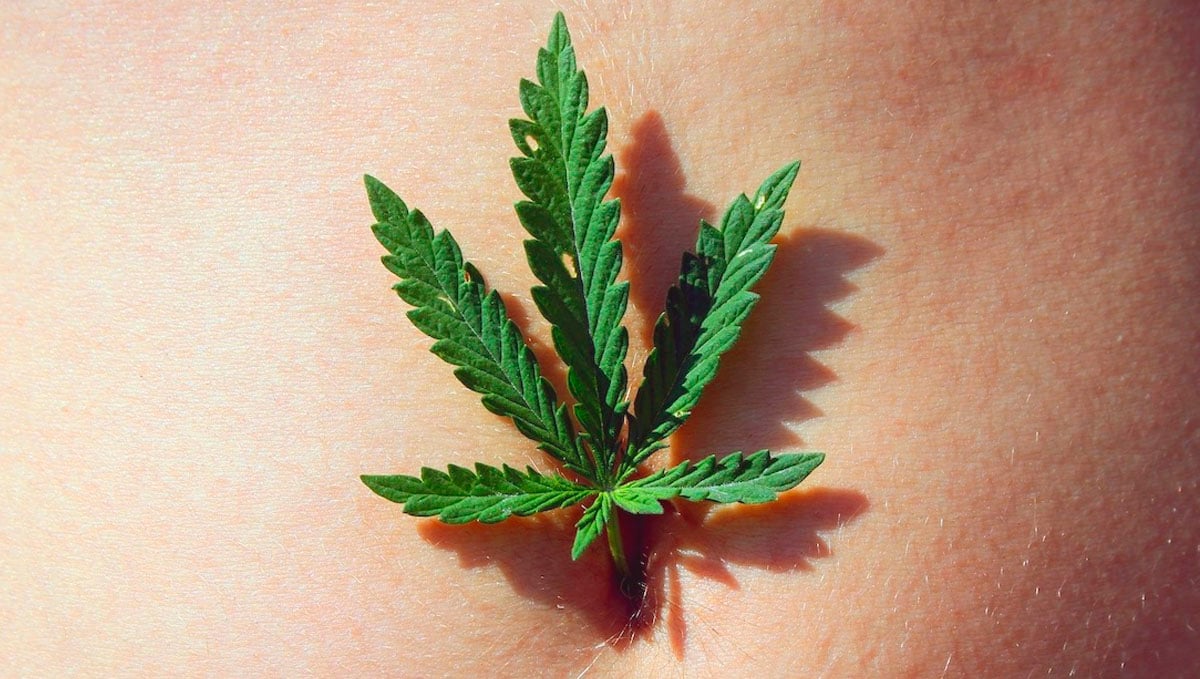
Some studies have proved that indeed CBD can lead to nausea, an upset stomach, or diarrhea. However, these symptoms can be alleviated by taking the product after eating something, with a full belly.
Changes in Appetite and Weight
You're all probably aware of the common munchies effect that consuming marijuana provides. And while this is normally attributed to THC, CBD can also cause changes in appetite and weight.
This is a side effect that can be used as a benefit, mainly in people dealing with eating disorders such as anorexia or bulimia nervosa, or those handling depression, who tend to experience appetite loss.
Previous studies have shown that in fact this cannabinoid can boost the metabolism and make people feel hungrier, helping patients gain weight. Most of the studied subjects experienced such appetite boost, although others noted the opposite. Maybe this is due to the different balances between THC and CBD. 2
May Interact With Other Medications
It's extremely important that you consult with your doctor before starting to take CBD as a medical treatment since it can interact with several other medications.
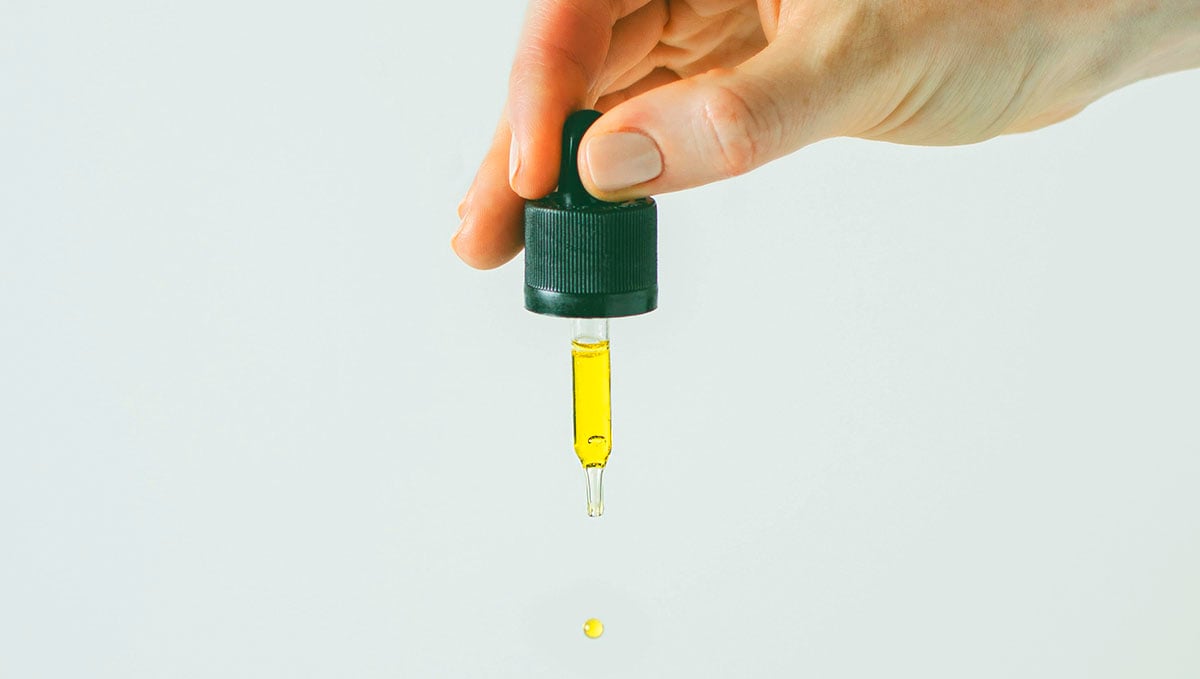
Pay special attention to those supplements or medications that wear a "grapefruit warning" tag. This is because both CBD and grapefruit interfere with a group of enzymes, cytochromes P450 or CYPs, that are essential to drug metabolism. 3
3. Benefits of Taking CBD
Okay, so we've been talking about the side effects that CBD could produce as a medication, however, we haven't yet mentioned what it could be used as a medication for.
These are just a couple of the many benefits of consuming CBD:
| Use |
Properties |
|---|---|
| Pain and inflammation relief |
By impacting the activity of the endocannabinoid receptors and interacting with neurotransmitters, CBD may help reduce chronic pain and inflammation. |
| Anxiolytic and antidepressant | It's a great alternative to conventional treatments with benzodiazepines, which can cause addiction and lead to substance abuse. Also boosts serotonin levels to lift the mood. |
| Cancer symptoms relief | It can reduce nausea, vomiting, pain and other side effects associated with cancer treatments. |
| Anti-acne | Due to its capacity to reduce inflammation as well as sebum production, CBD can be used as an acne treatment. |
| Neuroprotection | Several studies have found CBD as an effective medication to reduce muscle spasticity in people with multiple sclerosis. 4 |
| Aid Addiction Recovery | The ingestion of CBD showed to reduce the symptoms of abstinence from several drugs. 5 |
Furthermore, CBD has also shown to provide benefits such as:
- Anti-tumor effects;
- Diabetes prevention;
- Anti-psychotic effects;
- Reduce heart disease risk, and more.
If you're handling any health issues, consult with doctors, as well as cannabis connoisseurs to find out whether you should try CBD as a medical treatment alternative.
4. In Conclusion
CBD is a complete component in the cannabis family, and in the medical field in general, too, we'd be safe to affirm. It's one of those nature's prodigies we'd say.
Why fear the possible side effects that cannabis can cause if every other medication comes with such risk too? It's alright, anyway, it only takes the body some getting used to the substance until it all goes back to normal and the side effects are gone. We hope you enjoy your experience using CBD for any use you'd like and don't forget to comment on the results!
MEDICAL DISCLAIMER
This content is for educational purposes only. The information provided is derived from research gathered from external sources.
EXTERNAL REFERENCES
- "An Update on Safety and Side Effects of Cannabidiol: A Review of Clinical Data and Relevant Animal Studies" Kerstin Iffland, and Franjo Grotenhermen. June 2017.
- "Are side effects of cannabidiol (CBD) products caused by tetrahydrocannabinol (THC) contamination?" Dirk W. Lachenmeier, Stephanie Habel, Berit Fischer, Frauke Herbi, Yvonne Zerbe, Verena Bock, Tabata Rajcic de Rezende, Stephan G. Walch, and Constanze Sproll. August 2020.
- "Potential Adverse Drug Events and Drug–Drug Interactions with Medical and Consumer Cannabidiol (CBD) Use" Joshua D. Brown, and Almut G. Winterstein. July 2019.
- "Cannabidiol in patients with treatment-resistant epilepsy: an open-label interventional trial" Orrin Devinsky, Eric Marsh, Daniel Friedman, Elizabeth Thiele, Linda Laux, Joseph Sullivan, Ian Miller, Robert Flamini, Angus Wilfong, Francis Filloux, Matthew Wong, Nicole Tilton, Patricia Bruno, Judith Bluvstein, Julie Hedlund, Rebecca Kamens, Jane Maclean, Srishti Nangia, Nilika Shah Singhal, Carey A. Wilson, Anup Patel, and Maria Roberta Cilio. December 2015.
- "Cannabidiol as an Intervention for Addictive Behaviors: A Systematic Review of the Evidence" Mélissa Prud’homme, Romulus Cata, and Didier Jutras-Aswad. May 2015.









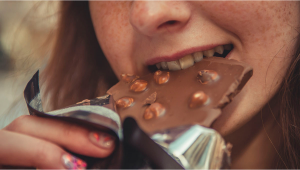


Comments